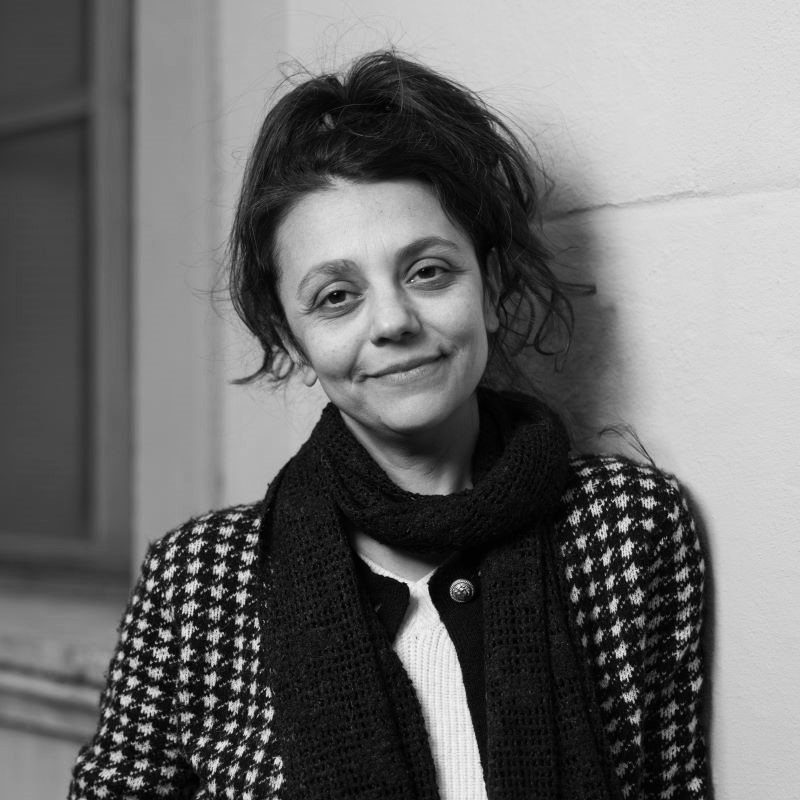“It’s all about you”. With these words, on 3rd November, Executive Vice-President for the European Green Deal Frans Timmermans inaugurated the 2020 Circular Economy Stakeholder Conference. He was addressing a virtual audience of representatives from the worlds of industry, institutions, and civil society. “It is all about you – you will need to make the moves. We need to create the circumstances for you to be able to move. But we need your leadership to get us there and I count on your leadership”.
“Get us there” is a reference to the crucial and historic transition toward a circular economy, the Green Deal’s beating heart. The latest Circular Economy Action Plan, published in March, provided a detailed articulation of the transition’s goals. The event in November, organised by the European Circular Economy Stakeholder Platform, brought together those who make the circular economy a reality in their fields and gave them the opportunity to examine and discuss the finer points of the Action Plan. This year, for obvious reasons, all the talks and workshops throughout the two-day forum took place entirely online.
Materials, design, production processes, markets, and consumption models were, as usual, the main topics of debate. But focus often shifted from these practical concerns to the need for circular economy education and for the best ways to tell the story of a revolution that, by now, we can no longer afford to procrastinate.
Sustainability will become the norm
“The pandemic is a wake-up call, telling us that our relationship with our natural environment is flawed and we need to fix it. Half of the greenhouse gas emissions and 90% of biodiversity loss is linked to the extraction of natural resources. The circular economy is an extremely important part of the solution”, Frans Timmermans stated in his opening speech on the first day of the Stakeholder Conference. “While all the actions we have in our Action Plan will contribute to these objectives, the flagship initiative, which we will present next year, is the European Sustainable Product Policy Initiative. It will bring important changes, especially to the EU Ecodesign Directive”. This new initiative aims to make sustainable products the norm for the European market. To use Timmermans’ words: “We want to see in the EU market products that are durable, reusable, repairable and safe; products that are made for high-quality recycling; products that are increasingly made of recycled materials”.
However, there will be many challenges along the way. Virginijus Sinkevičius, the European Commissioner for the Environment, reminds us that, first of all, green products will have to be convenient and accessible for everyone. “We must create a market with competitive products, bearing in mind the global - not just European - dimension”, observed Dirk Vantyghe, Director General of EURATEX.
“There has to be a systemic approach that considers all aspects of the supply chain, logistics included”, added Kurt Vandenberghe, Green Deal Advisor for Ursula von der Leyen’s Cabinet. Above all, “designing out waste” needs to become systemic, because - highlighted Jocelyn Bleriot of the Ellen MacArthur Foundation - “what we input into the market is what we will end up managing as waste”.
New storytelling for the circular economy
Naturally, the transition must also affect consumer behaviour. This is a whole different game, involving communication, information, and education.
The revolution of consumption modes has to be aimed not only at recycling habits and the purchase of “sustainable” products but also at durability, reuse, and repairing what we already own. Furthermore, it is key to promote, wherever possible, the concept of “product as a service”, the shift from possession to use. Essentially, a true change in mindset is needed, which can only be achieved through new modes of communication and storytelling about the circular economy. Club of Rome co-President Sandrine Dixson-Declѐve was very insistent on this matter: “The coolness factor is key. We have to convince people that to own fewer things is to live better. The Covid emergency can help us with this because it takes us back to what is essential”.
“The health crisis showed us that in emergency situations we are capable of radically changing our behaviours”, reiterated European Economic and Social Committee Vice President Cillian Lohan in his speech opening the second day of the Conference. “It’s all about collaboration: we all have to work together on the circular transition, this is what we need now to face the climate crisis”. Then, harking back to the storytelling theme, he concluded by saying: “The circular economy is a positive story and, in 2020, we have a desperate need for stories with a happy ending”.



